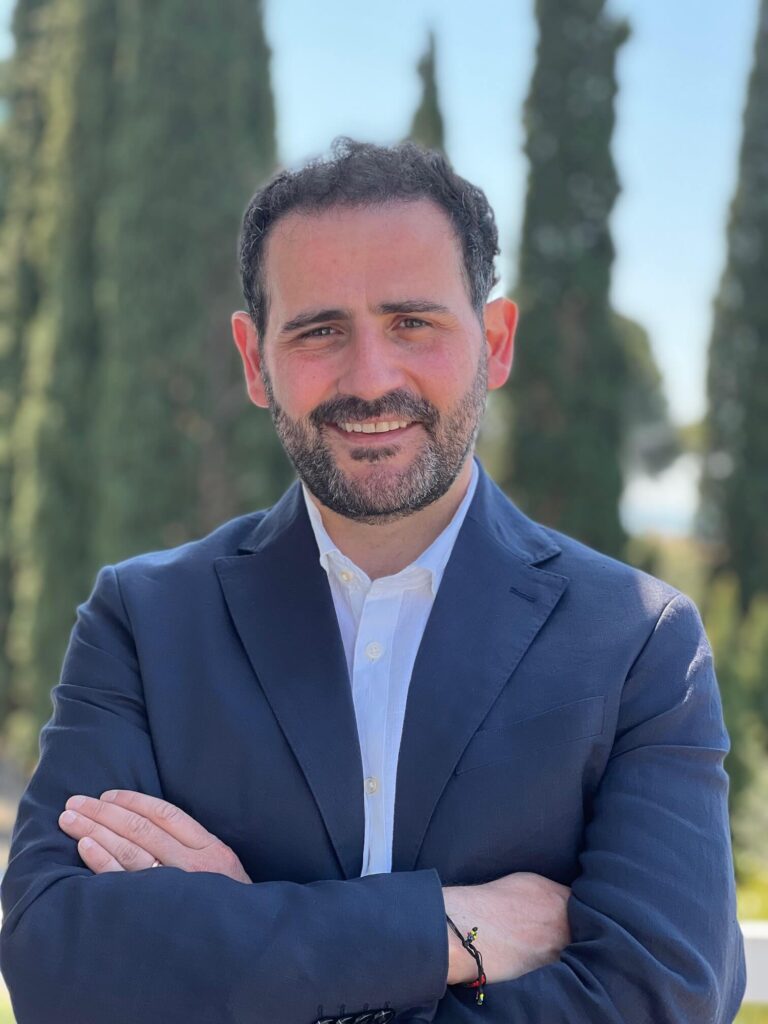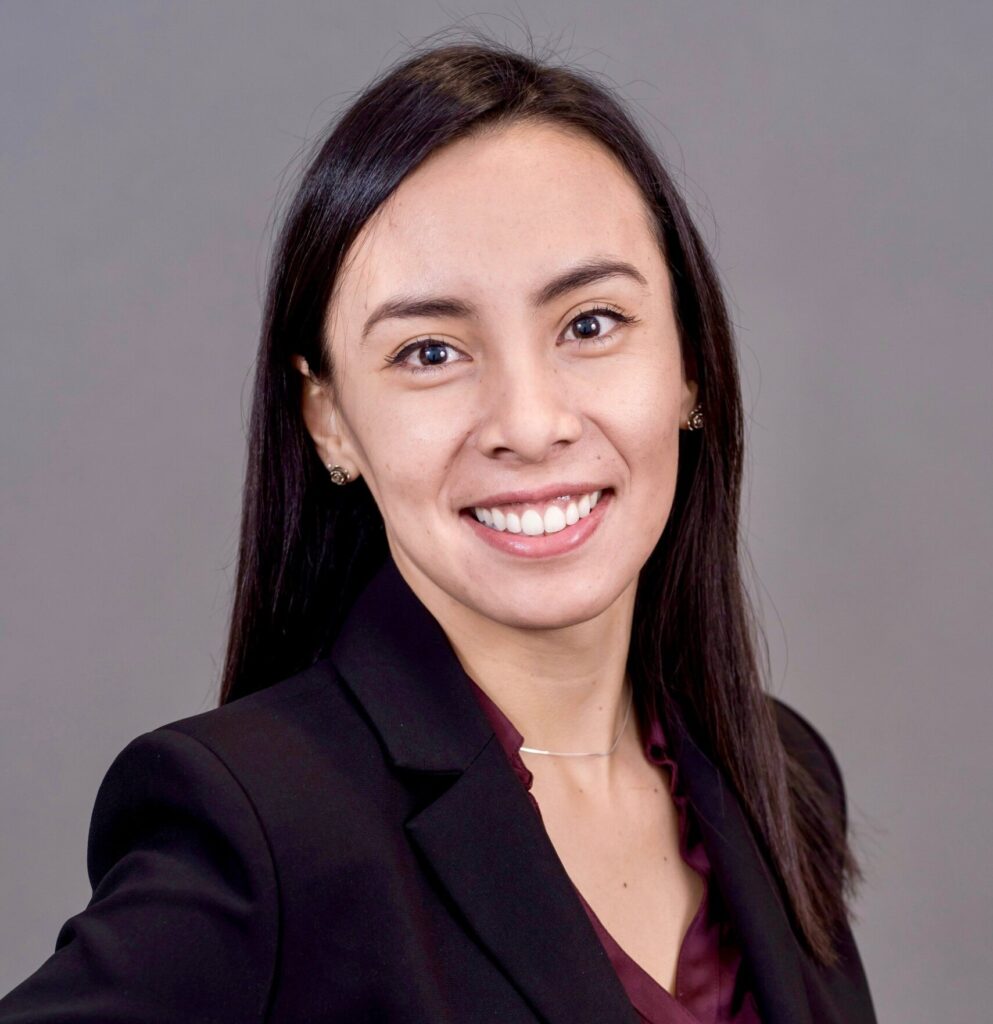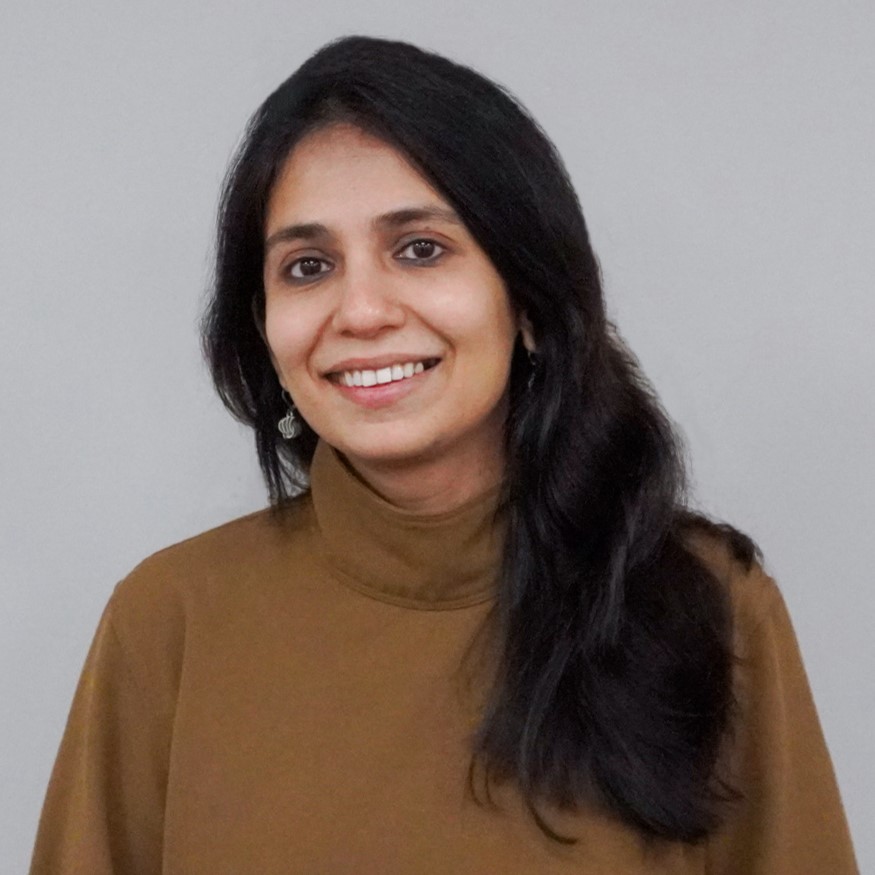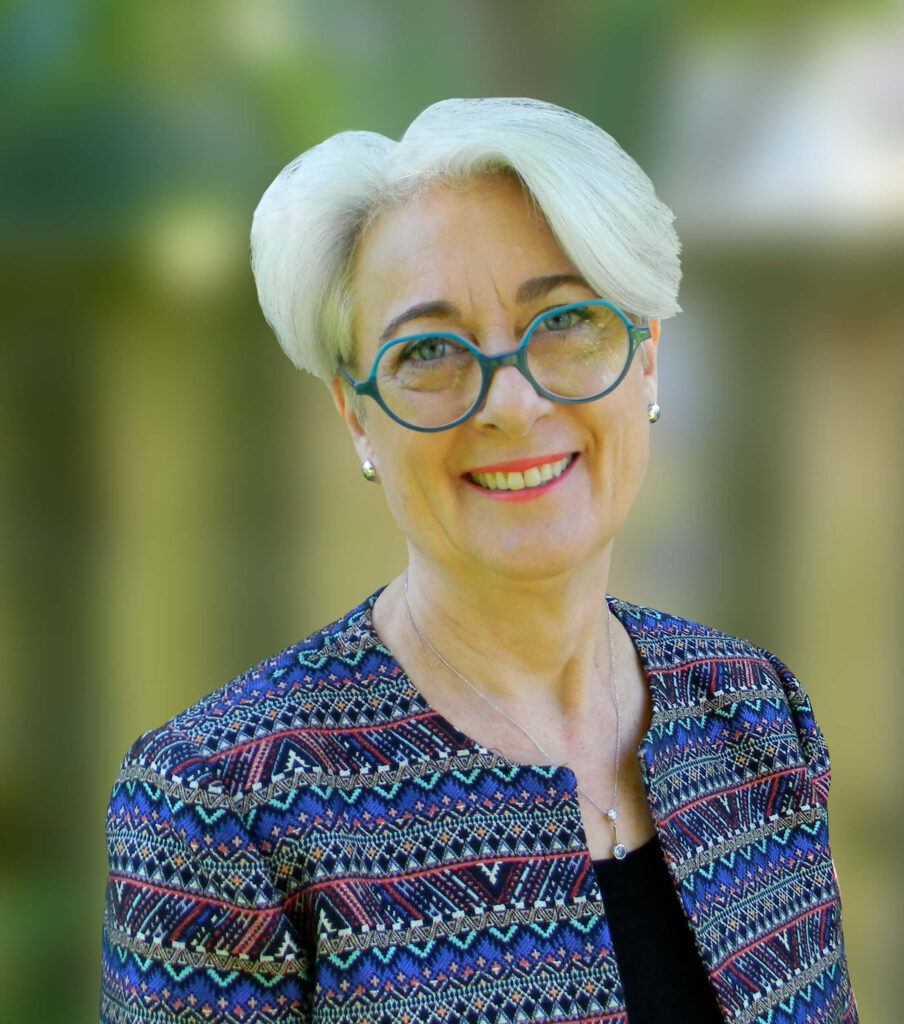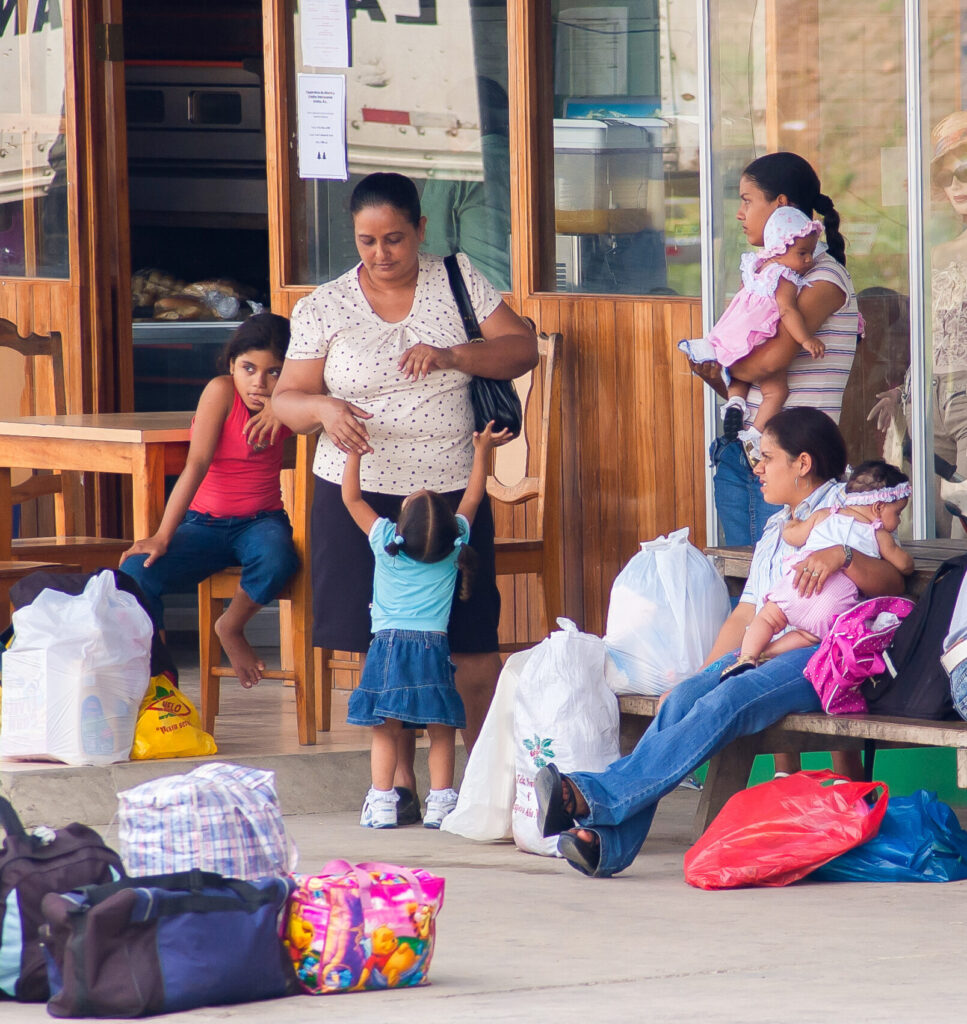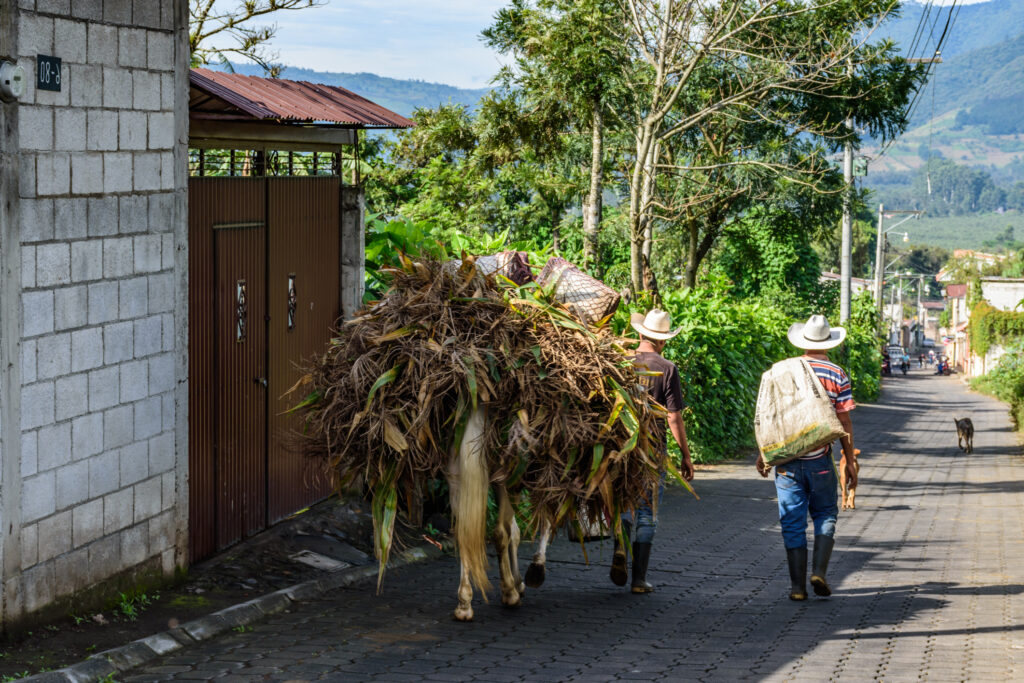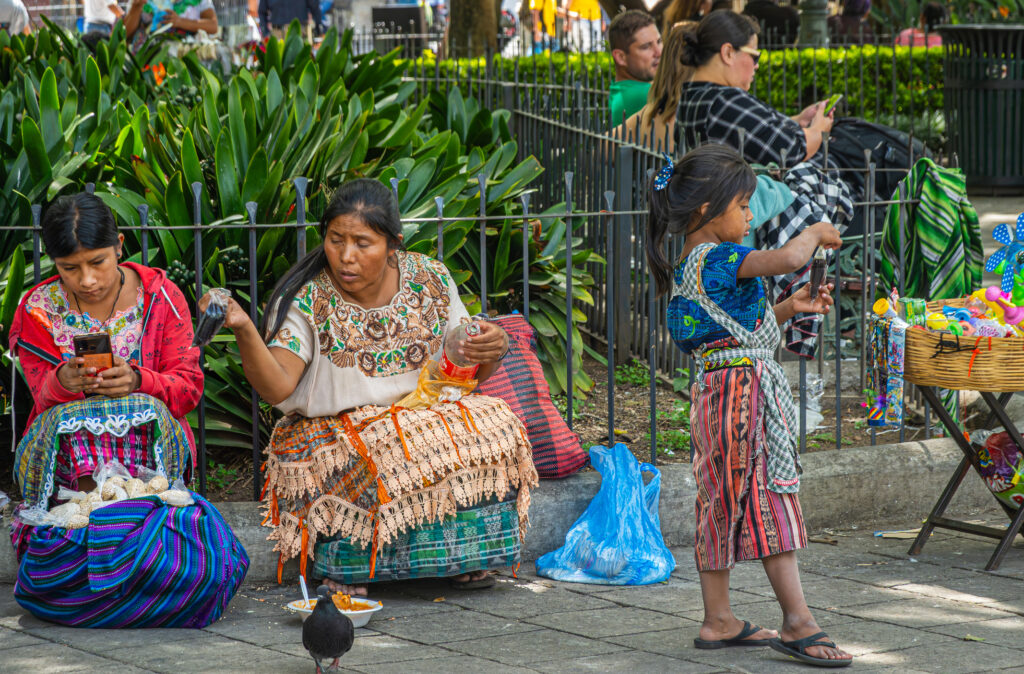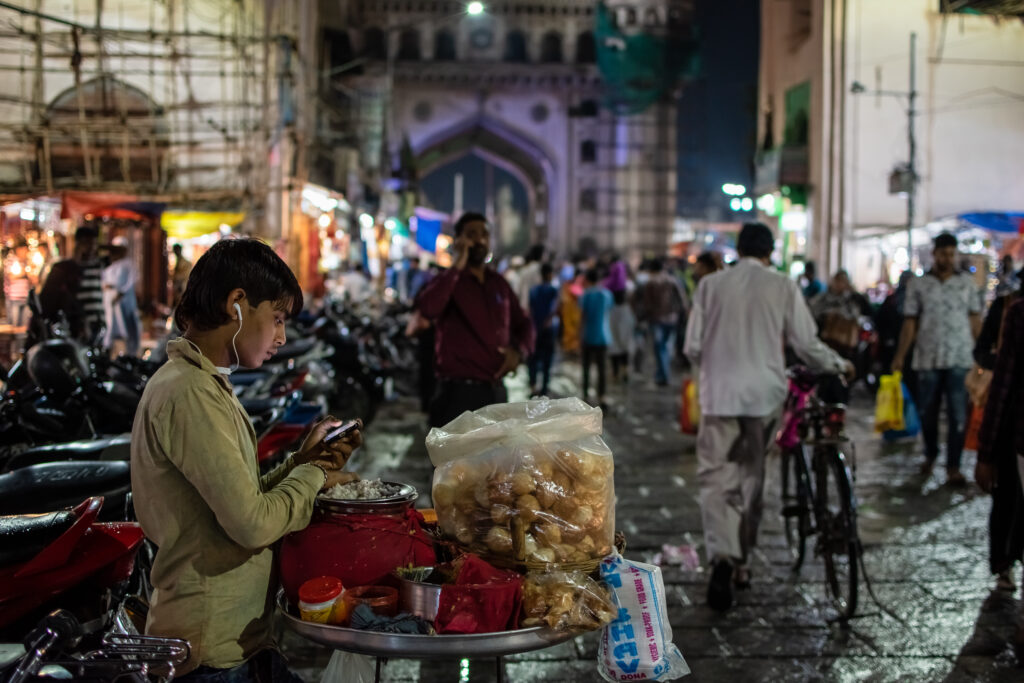
Utilizing Adaptive Cluster Sampling to survey thousands of Micro and Small Enterprises (MSEs) across Addis Ababa, Delhi, Jakarta, Lagos, and São Paulo, this report provides the clearest picture yet of the challenges and opportunities that determine the business trajectory of MSEs in the five rapidly changing markets. The study focused on understanding the drivers of financial health for MSEs that represent the largest source of income generation in emerging markets, with a total of 20,000 MSEs surveyed and 4,000 interviews conducted to build a sample that represents 1.7 million MSEs across the five cities.
Key findings from the study include:
- MSEs adopting digital tools were up to 10 percent more likely to report revenue growth, but usage of these tools remained low. In Addis Ababa, more than half of MSEs reported using no digital technology applications. MSEs in Delhi, Jakarta, and Lagos were using at least one digital tool.
- Entrepreneurs across the five cities reported using an average of 1.8 to five formal financial services, reflecting diverse levels of adoption and engagement with financial tools. Businesses that integrated digital payments reported significantly higher revenue per employee.
- Women entrepreneurs represented 70 percent of MSE owners in Jakarta, but just 11 percent in Delhi, with figures of 35 percent in São Paulo, 43 percent in Addis Ababa, and 53 percent in Lagos. In many markets, MSEs are not started by choice but as a response to unemployment, making the businesses more vulnerable and reducing long-term resilience, which has implications for financial service design.
- One in three micro and small businesses reported being impacted by drought, floods, or other environmental shocks, and less than 20 percent reported being able to come up with emergency funds within one week. Of those entrepreneurs impacted by an environmental shock, up to 29 percent said they were more likely to invest in adapting their business to the changing climate.
This report was developed with support from the Mastercard Center for Inclusive Growth.
Authors
